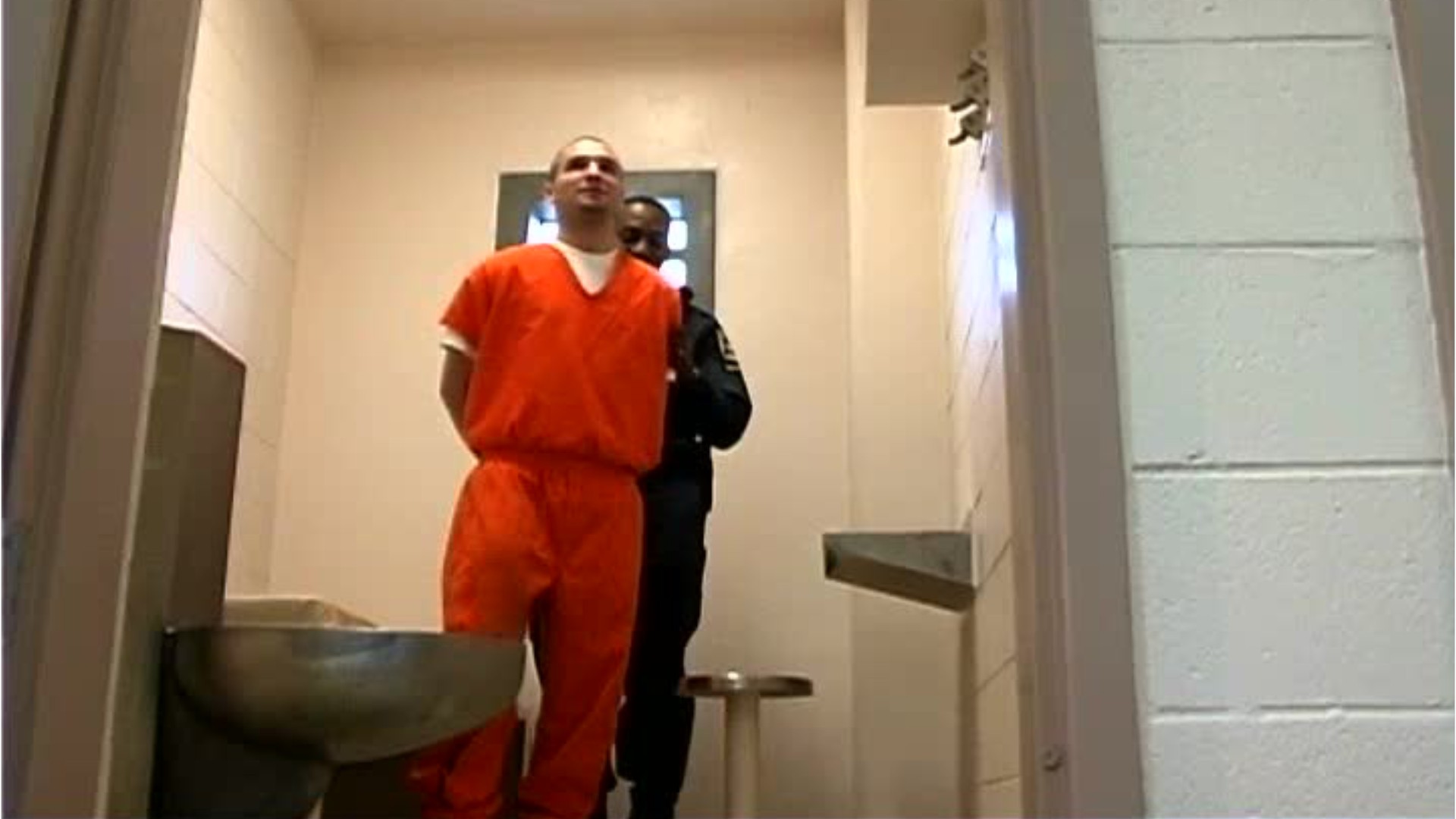Correctional Officers & Jailers
Correctional Officer, Corrections Officer (CO), Detention Officer, Jailer
What they do:
Guard inmates in penal or rehabilitative institutions in accordance with established regulations and procedures. May guard prisoners in transit between jail, courtroom, prison, or other point. Includes deputy sheriffs and police who spend the majority of their time guarding prisoners in correctional institutions.
On the job, you would:
- Conduct head counts to ensure that each prisoner is present.
- Inspect conditions of locks, window bars, grills, doors, and gates at correctional facilities to ensure security and help prevent escapes.
- Monitor conduct of prisoners in housing unit, or during work or recreational activities, according to established policies, regulations, and procedures, to prevent escape or violence.
Knowledge
Safety and Government
- public safety and security
- law and government
Arts and Humanities
- English language
Business
- customer service
- management
Engineering and Technology
- computers and electronics
Skills
Basic Skills
- keeping track of how well people and/or groups are doing in order to make improvements
- listening to others, not interrupting, and asking good questions
Social
- understanding people's reactions
- changing what is done based on other people's actions
Problem Solving
- noticing a problem and figuring out the best way to solve it
Abilities
Verbal
- communicate by speaking
- listen and understand what people say
Ideas and Logic
- notice when problems happen
- make general rules or come up with answers from lots of detailed information
Attention
- pay attention to something without being distracted
- do two or more things at the same time
Endurance
- exercise for a long time without getting out of breath
Personality
People interested in this work like activities that include practical, hands-on problems and solutions.
They do well at jobs that need:
- Perseverance
- Stress Tolerance
- Self-Control
- Cautiousness
- Integrity
- Attention to Detail
Technology
You might use software like this on the job:
Data base user interface and query software
- 3M Electronic Monitoring
- Microsoft Access
Presentation software
- Microsoft PowerPoint
Spreadsheet software
- Microsoft Excel
Education
Education: (rated 2 of 5)
high school diploma/GED
usually needed
usually needed
Job Outlook
Below Average
New job opportunities are less likely in the future.
Explore More
- Bailiffs
- First-Line Supervisors of Correctional Officers
- First-Line Supervisors of Police & Detectives
- Police & Sheriff's Patrol Officers
- Probation Officers & Correctional Treatment Specialists
You might like a career in one of these industries:
See more details at O*NET OnLine about Correctional Officers & Jailers.





